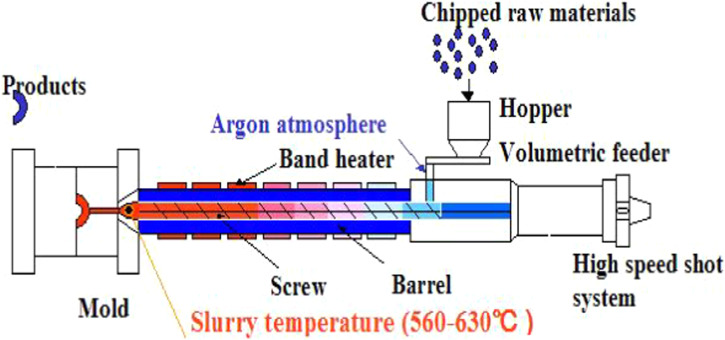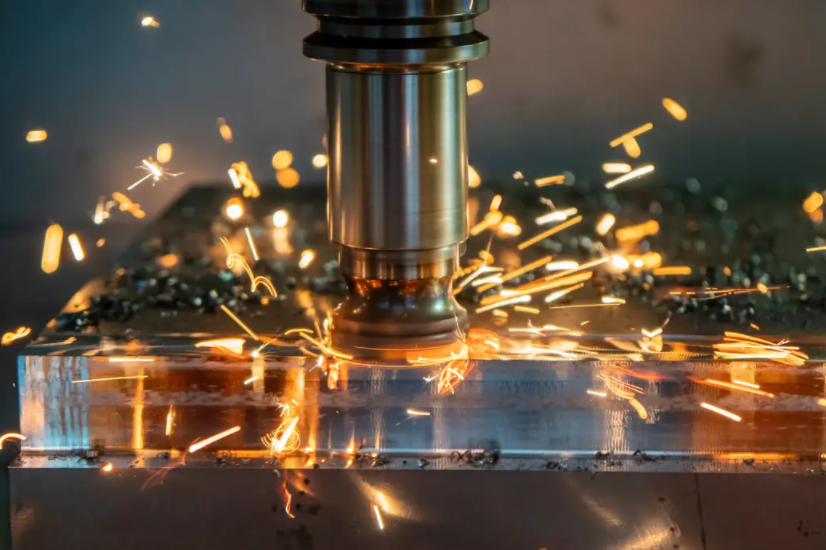In the world of precision engineering, finding lightweight yet strong materials is a constant pursuit. Magnesium die casting has emerged as a game-changer in this field, offering a range of advantages that make it the go-to solution for many applications. This article will explore the benefits, applications, and future prospects of magnesium die casting.
Benefits of Magnesium Die Casting
1. Lightweight: One of the key advantages of magnesium die casting is its exceptional lightness. Magnesium is the lightest structural metal available, weighing only about one-fourth of steel and two-thirds of aluminum. This makes it an ideal choice for industries where weight reduction is critical, such as automotive, aerospace, and electronic devices.
2. High Strength-to-Weight Ratio: Despite its lightweight nature, magnesium possesses excellent strength-to-weight ratio. It can withstand high loads and stresses, making it suitable for applications requiring both strength and lightness. This unique combination of properties allows designers to create intricate and complex parts without compromising on performance.
3. Dimensional Stability: Magnesium die casting offers exceptional dimensional stability, ensuring that the final product maintains its shape and size over time. This is crucial in precision engineering, where accuracy and consistency are paramount. The low shrinkage rate of magnesium alloys during solidification contributes to the high precision achievable with this process.
4. Excellent Thermal and Electrical Conductivity: Magnesium is known for its outstanding thermal and electrical conductivity, making it ideal for applications that require efficient heat dissipation or electrical conductivity. This property is particularly advantageous in the automotive and electronic industries, where heat management and electrical performance are critical.
5. Superior Machinability and Surface Finish: Magnesium alloys have excellent machinability, allowing for easy and precise shaping and finishing. This makes magnesium die casting an attractive choice for industries that require tight tolerances and intricate designs. The resulting parts have a smooth surface finish with minimal post-processing required, saving both time and cost.
Applications of Magnesium Die Casting
1. Automotive Industry: The automotive industry has seen significant adoption of magnesium die casting due to its lightweight and high strength. Magnesium components, such as engine blocks, transmission cases, steering columns, and seat frames, contribute to weight reduction, improved fuel efficiency, and better overall vehicle performance.
2. Aerospace and Defense: The aerospace and defense sectors have also embraced magnesium die casting for their lightweight requirements. Magnesium parts are extensively used in aircraft structures, missile components, and satellite systems, where weight reduction is crucial for fuel efficiency, payload capacity, and maneuverability.
3. Electronics: The electronics industry benefits from the thermal and electrical conductivity of magnesium die casting. Components like laptop frames, smartphones, and tablets require efficient heat dissipation, and magnesium alloys excel in this area. The lightness of magnesium also contributes to the portability and ergonomic design of electronic devices.
4. Medical Devices: Magnesium die casting is finding applications in the medical industry due to its biocompatibility and lightweight nature. Implants, surgical instruments, and diagnostic equipment benefit from the low weight of magnesium, reducing the strain on patients and healthcare providers during procedures.
Future Prospects
The future of magnesium die casting appears promising, with ongoing research and development aimed at further enhancing the properties and applications of magnesium alloys. Efforts are being made to improve the corrosion resistance of magnesium in harsh environments, expand its temperature range, and develop innovative alloy combinations. These advancements will open up doors for new industries and applications, further establishing magnesium die casting as a versatile and reliable solution for precision engineering.
Conclusion
Magnesium die casting offers a lightweight solution with exceptional strength, dimensional stability, thermal and electrical conductivity, and excellent machinability. It finds applications in industries such as automotive, aerospace, electronics, and medical devices. The future of magnesium die casting looks bright, with continuous advancements and research ensuring its relevance and expanding its areas of use. With its unique combination of properties, magnesium die casting is undoubtedly a game-changer in the world of precision engineering.
-

- Մագնեզիումի համաձուլվածքի Thixomolding ուժային խարույկի պատյան
-

- OEM ձուլված մասեր և բաղադրիչներ
-

- Մագնեզիումի համաձուլվածքի ձուլում Ավտոպահեստամասերի լուսարձակների շրջանակ
-

- Custom-made die casting parts&comopnents for bicycle suspension fork for MTB
-

- Custom-made thixomolding parts UAV components with CNC machining &surface treatment
-

- OEM ձուլման բաղադրիչներ և մասեր

 0086-750-5616188
0086-750-5616188 +86 13392089688
+86 13392089688 sales@zhongmei-tech.com
sales@zhongmei-tech.com








